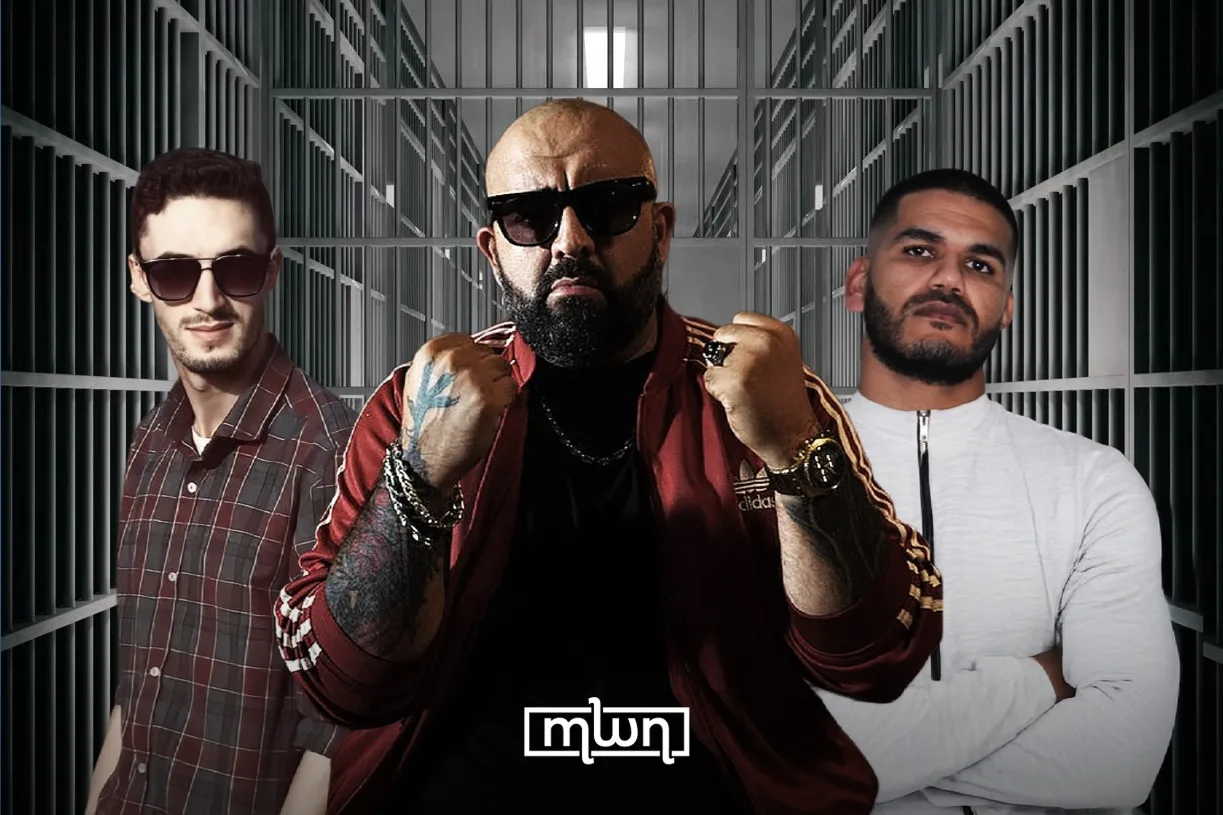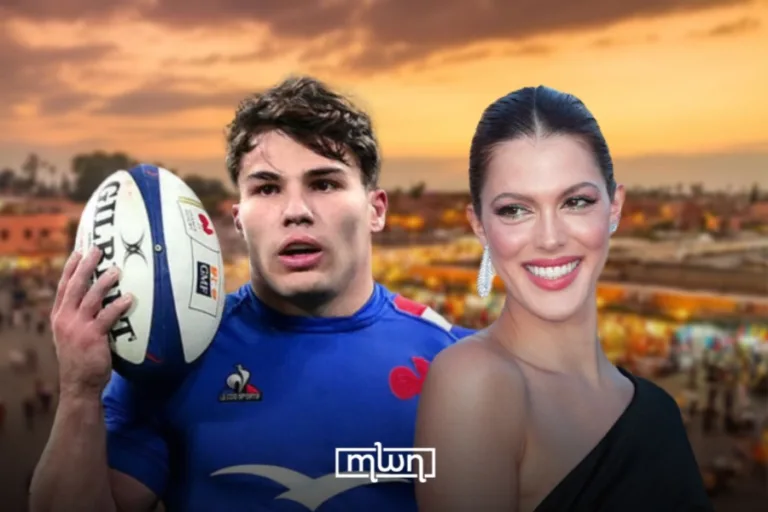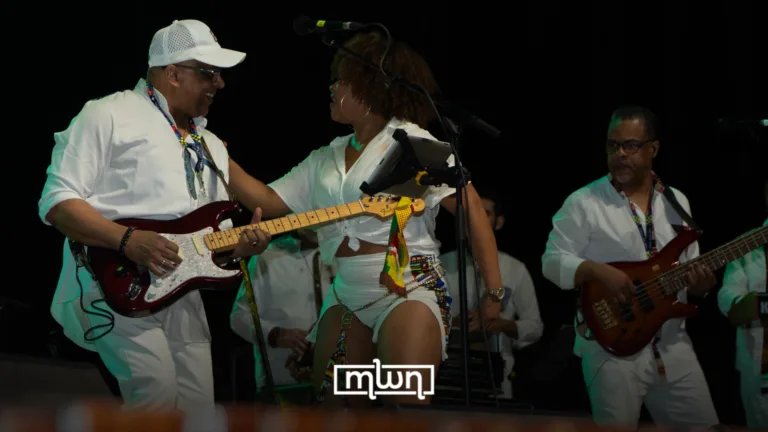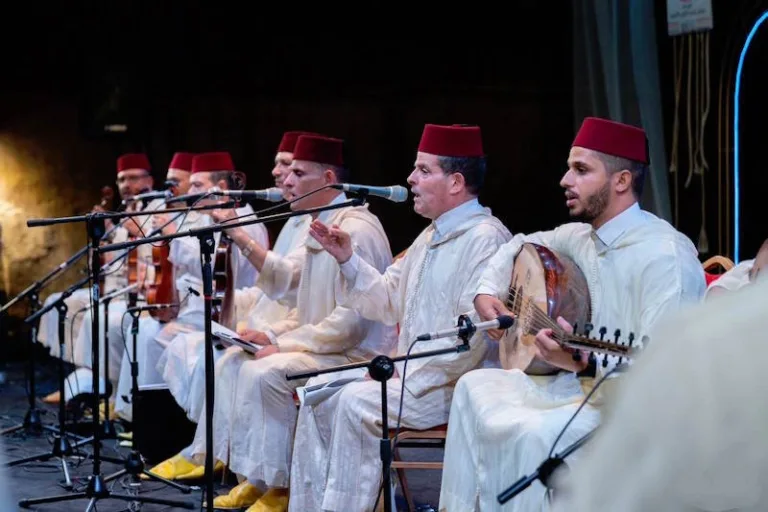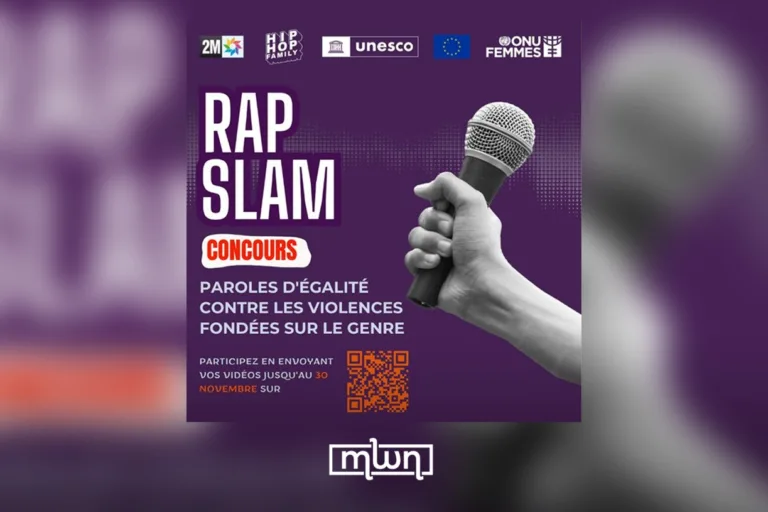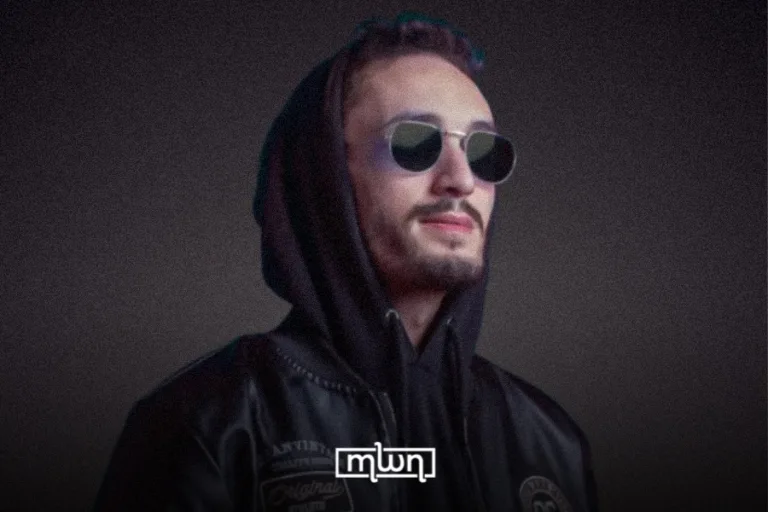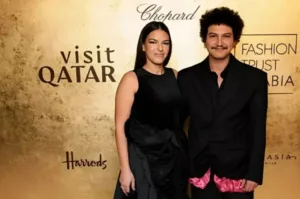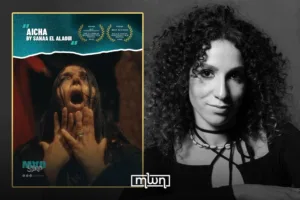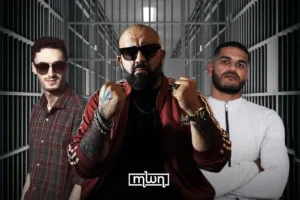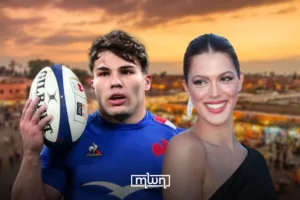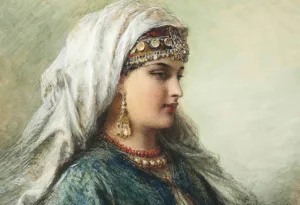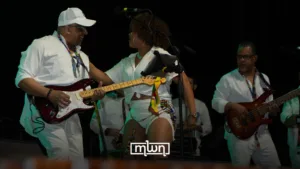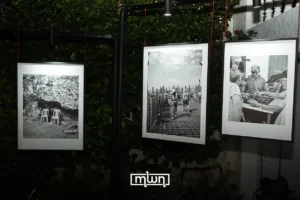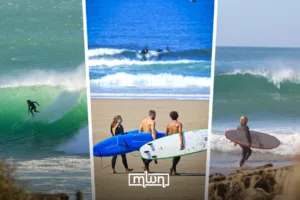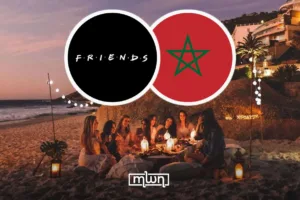Fez — Don Bigg, one of Morocco’s best-known rappers, has made statements publicly supporting Raid and Pause Flow. The support follows separate legal actions regarding song lyrics.
In a recent statement, Don Bigg said the arrests and prosecutions of both rappers are “a real absurdity.”
Two parallel legal developments
The remarks came after two case developments were reported this week: according to local coverage, the Ain Sebaa misdemeanor court in Casablanca found rapper Hamza Raid guilty. He was handed a one-month suspended sentence and a MAD 2,000 fine. The court also ordered the confiscation of his phone.
Raid was ultimately prosecuted on charges of incitement and non-armed assembly in connection with recent “Gen Z” protests.
In a separate case, rapper Pause Flow, whose real name is Jawad Asradi, was arrested on November 20 on charges of offensive content in his songs. He is currently being investigated on suspicion of “insulting an organized body,” and faces a count of insulting public officials. Prosecutors say the words harmed their honor, feelings, and were blatantly disrespectful.
Don Bigg, whose real name is Toufiq Hazeb, framed the issue as one of priorities and principles. “We have much bigger problems,” he wrote, insinuating that courts should not spend time on trivial matters such as song lyrics.
“Freedom of expression is guaranteed by the constitution. Whoever has something to say should be able to say it, as long as it does not harm anyone.” He added that he studied law and once aimed to become a judge.
He made a career change to music and now feels “deep embarrassment” at this absurd trend of arresting rap artists who merely exercise their institutional right of freedom of expression. He closed by expressing solidarity with both Hamza Raid and Jawad Asradi, known as Pause Flow.
What investigators are citing
Details in the Pause Flow file point to multiple pieces of evidence under review. Investigators have cited lines taken from the track “Marionnette.” They also point to the “PAW BIG 3” cover showing one lion killing another.
Prosecutors argue that the image mocks the national emblem, though the artist has said the imagery was aimed at a rival rapper, Don Bigg.
The case file also references lyrics from the songs “112” and “IN TROU.” Prosecutors say the lines were religiously offensive and sacrilegious, and seemingly address Arab countries in a disrespectful manner.
Investigators asked about older recordings released during his teenage years. They include “OUROBOROS” and “FORNAX A” from 2020. “OVERDOSE” from 2014 and “DOZA” were also mentioned, along with work by “Hallefin.” He says he removed that material in 2017.
Pause Flow’s defense team has requested his release on bail and lawyers argue that he poses no threat to public order. They said he responded promptly to the police summons, is ready to post a financial guarantee, and cited health needs that require ongoing medical follow-up. A decision on the request was not announced at the time of writing.
A wider debate over rap and speech
The long-lasting debate over artistic expression has intensified. The Moroccan hip-hop scene blends social critique, braggadocio, and sharp wordplay. Supporters of the two artists say policing lyrics risks curbing creative work.
They argue that it fuels a cycle in which music becomes a legal battleground, not a cultural forum. Others argue that public speech – including songs – carries legal responsibilities.
For Don Bigg, the current moment calls for a recalibration: “We need to rethink the bodies behind this and the goals,” he wrote. His comments resonated widely among fans and fellow musicians. Many shared the statement and called for dialogue on the limits of satire, metaphor, and provocation in rap.
Tests for the courts and the scene
Raid’s verdict combined a suspended sentence with a fine, and the ongoing investigation into Pause Flow now stands as a test case too. Together they test how authorities and courts balance artistic freedom and legal boundaries.
For the music community, they are also a measure. The question is how far hip-hop can push language and imagery while staying within the rules. As both matters proceed, Don Bigg’s intervention keeps the conversation alive beyond courtrooms. It reaches a broader public and asks what space Moroccan rap can and should occupy in civic life.

